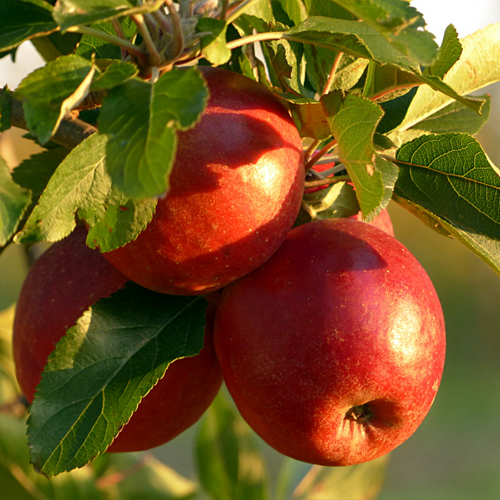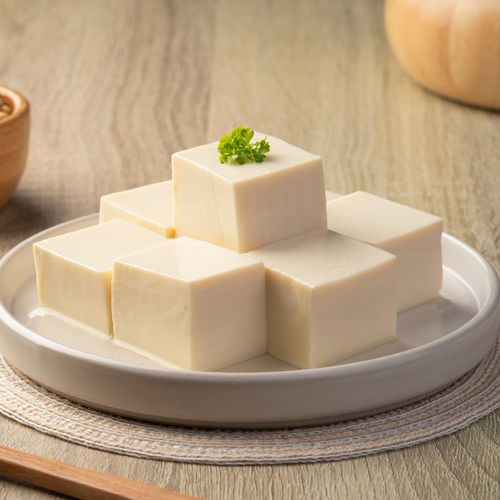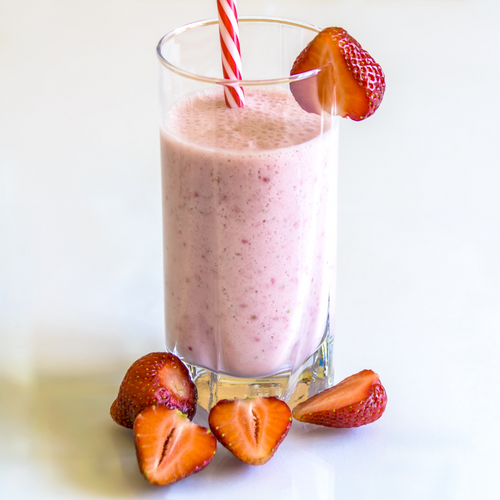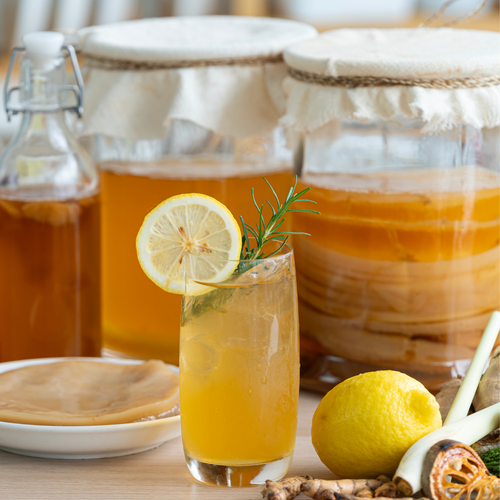The method that will surely remain the most effective, the least expensive and the least dangerous is to take care of your body according to the principles of diet and basic lifestyle, but the big forgotten one, which can yet proving to be of great use is the intestinal microbiota.
With our current lifestyles, we are greatly exposed to risk factors for dysbiosis: for many, balance no longer reigns within the intestinal microbiota, and this can slow down your sporting performance! Indeed, recent studies have shown the influence of the microbiota on an athlete's abilities, but that's not all. There appears to be a symbiotic relationship between physical activity and intestinal flora, since several studies highlight the positive influence of sport on the balance of the microbiota. We help you see things more clearly:
How does a healthy microbiota influence sports performance?
The balance of the microbiota positively influences athletes through numerous mechanisms:
- it promotes an antioxidant immune defense system which protects against oxidative damage caused by exercise and prevents tissue damage.
- it promotes the absorption of nutrients, allowing proper use of them. An unbalanced flora fights more for its survival than it works to extract nutrients.
- it reduces inflammation, which is a nuisance for the athlete. Among other things, it reduces recovery capabilities.
- it maximizes morale, mental strength and motivation. The microbiota indeed has a lot of influence on mental health.
- it promotes intestinal comfort, essential for being in shape during physical activity.
- it promotes restful sleep, essential for good recovery, thanks to better production of melatonin, among others. Our intestinal flora actually controls the activity of several hormones affecting the quality of sleep, such as cortisol, serotonin and GABA.
- it induces better use of water, and therefore better hydration. Indeed, a healthy microbiota allows the maintenance of the integrity of the intestinal mucosa which is essential for good hydration.
- it increases energy, thanks to multiple mechanisms (better degradation of lactic acid, increase in energy-providing ATP molecules, regulation of metabolism, etc.).
How does physical activity promote a healthy and balanced constitution of the microbiota?
Several studies have focused on the subject. The resulting results not only seem to highlight mechanisms inducing changes in the composition of the microbiota, via muscle contraction and oxygen consumption, but also differences in composition depending on the type of sport.
An Irish study, for example, found a decrease in markers of inflammation and an increase in bacterial diversity in healthy, active individuals compared to overweight individuals.
In addition, regular and moderate activity seems more effective in obtaining results, compared to one-off and very intense/prolonged activity.
So to restore your intestinal microbiota and maximize your sporting performance, the most promising solution surely remains probiotic supplementation, which must be concentrated and diversified in terms of strains. At DIJO, we have created a course of high-concentration probiotics, in a short circuit, to preserve the quality of our products as much as possible. The Essential Probiotics contains 28 billion CFU and 8 strains to stock up on good bacteria and boost performance, in addition to many other benefits.
Sources:
[1] Petersen, LM, Bautista, EJ, Nguyen, H., Hanson, BM, Chen, L., Lek, SH, Sodergren, E., & Weinstock, GM (2017). Community characteristics of the gut microbiomes of competitive cyclists. Microbiome, 5(1), 98. https://doi.org/10.1186/s40168-017-0320-4
[2] The Physiological Society. Exercise might improve health by increasing gut bacterial diversity [online]. ScienceDaily. February 15, 2019. Available: www.sciencedaily.com/releases/2019/02/190215082429.htm
[3] Clarke, SF, Murphy, EF, O'Sullivan, O., Lucey, AJ, Humphreys, M., Hogan, A., Hayes, P., O'Reilly, M., Jeffery, IB, Wood- Martin, R., et al. (2014). Exercise and associated dietary extremes impact on gut microbial diversity. Gut 63, 1913–1920.



















